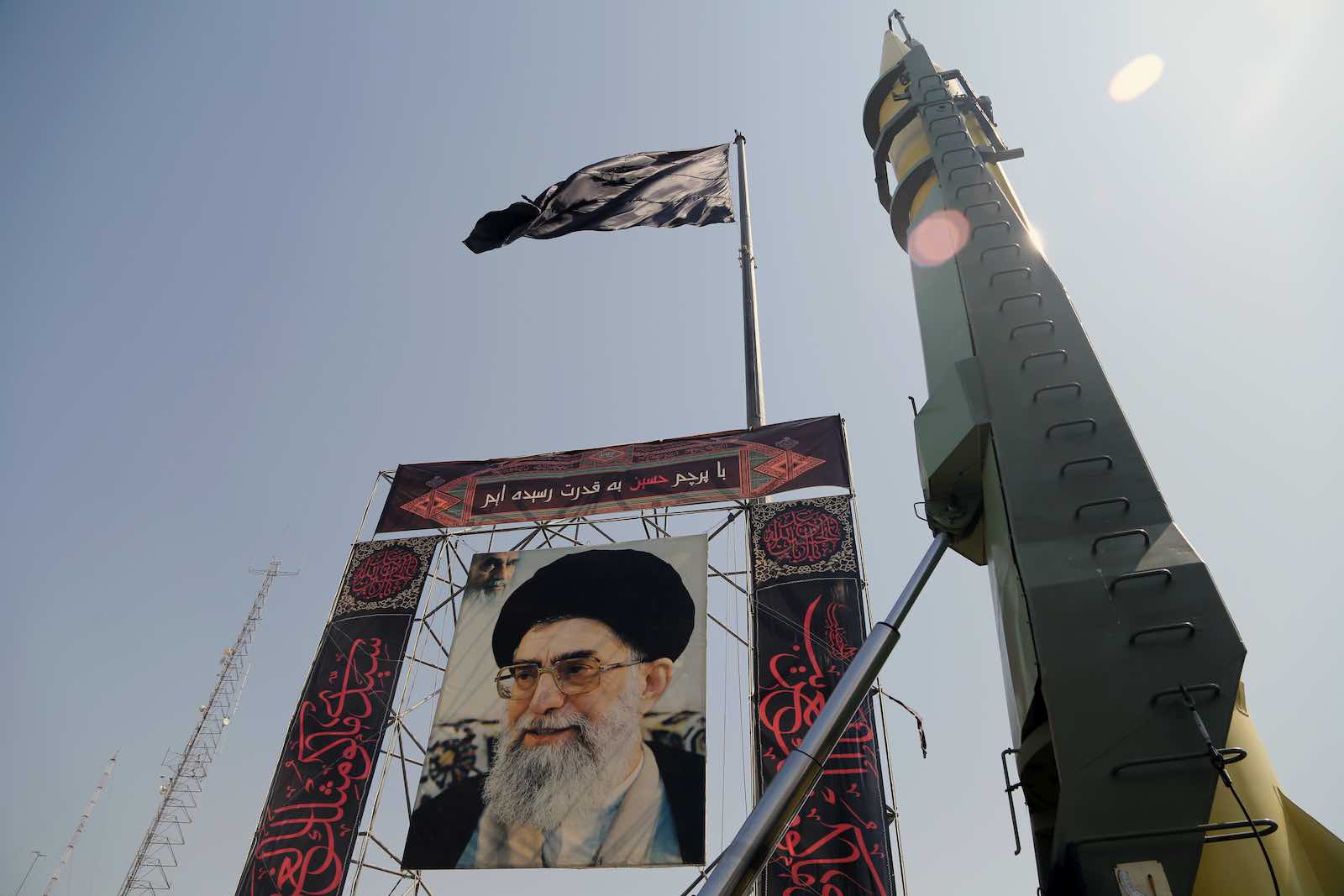Following the signing of the Abraham Accord between the UAE, Bahrain and Israel, US President Donald Trump last week trumpeted his peace-making credentials at the UN General Assembly. “These groundbreaking peace deals are the dawn of a new Middle East,” he declared.
The response to the accord from Tehran was decidedly less rosy. Long having posed as champions of the Palestinian cause, Iranian regime figures lined up to deride the agreement as “scandalous” and “treasonous”. Yet it is reasonable to assume that the plight of the Palestinians is not Tehran’s primary concern here.
The Palestinians were perhaps not front of mind for the UAE, Bahrain and Israel during their discussions, either. A key factor that seems to have drawn them to the negotiating table is their mutual disquiet at the reach of Iran.
Indeed, the accord, which promises to normalise relations between the Gulf states and Israel, may portend the crystallisation of a regional anti-Iran bloc and could lead to an Israeli presence in the Persian Gulf. That will set alarms bells ringing in Tehran.
Since the removal of Saddam Hussein in 2003 and the rapid growth of pro-Iran players in Iraq, many observers have been fearful of Tehran’s projection of influence across the Middle East. Now it would seem that the ground has shifted. Tehran is on the back foot, overextended and relatively friendless.
Iran’s 1979 Islamic revolution was premised on expansion: bringing Ayatollah Khomeini’s vision to the region. Forty years later, it appears to be faltering.
This is a marked change from the situation only a few years ago, when Iran was seen as being in the ascendant, having reshaped regional geopolitical dynamics to its own advantage. It was not so long ago that analysts and policymakers in the US were discussing the possibility that Iran could not be contained.
Read the article by William Gourlay, Shahram Akbarzadeh and Zahid Shahab Ahmed in The Interpreter.

